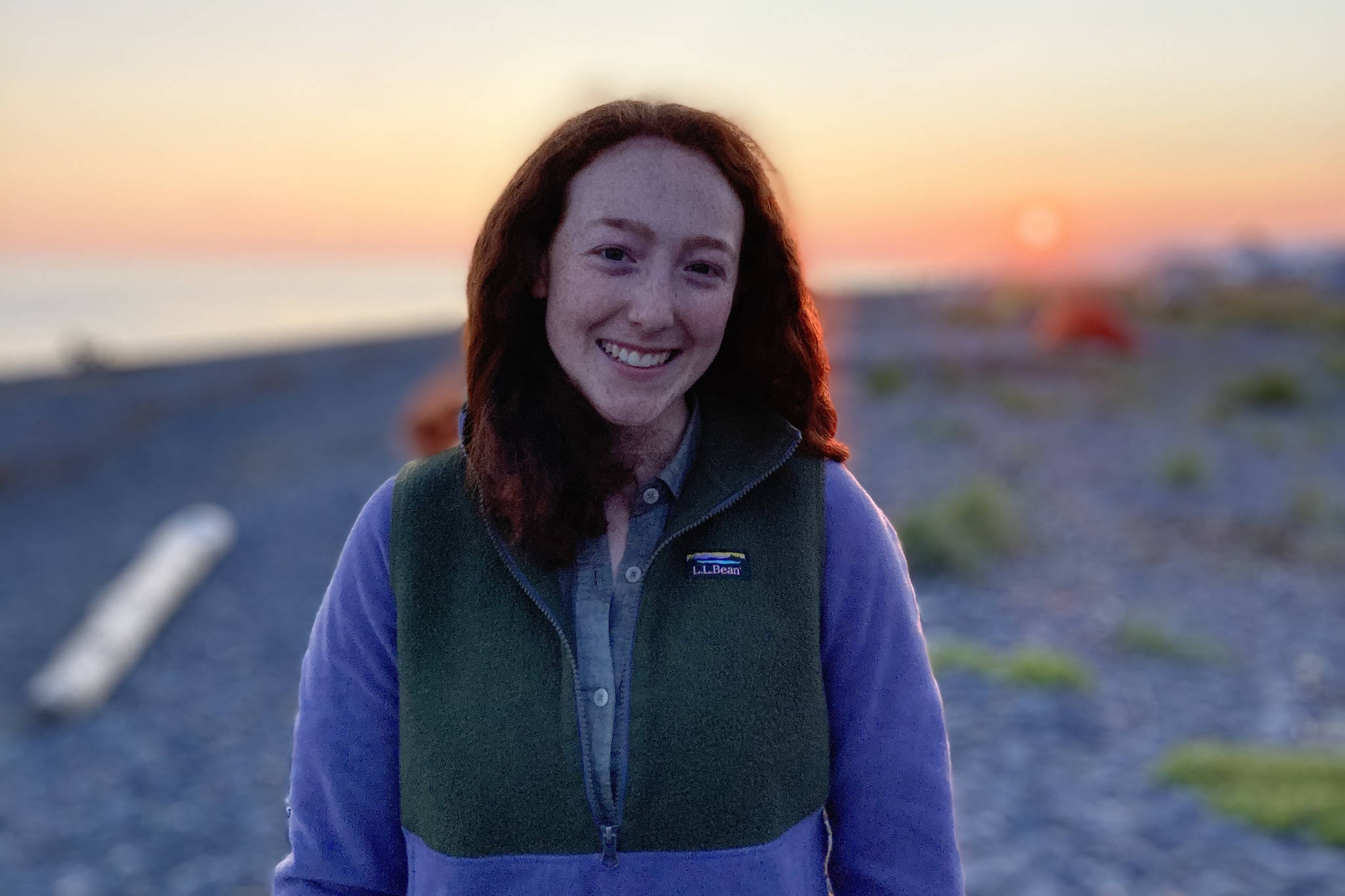In November 2020, the U.S. Army Corps of Engineers (USACE) denied the Pebble Limited Partnership (PLP) a key permit necessary to build the Pebble Mine, a colossal proposed gold and copper mine located in Alaska’s Bristol Bay watershed. While the decision has likely buried the Pebble Project for the foreseeable future, the mining industry can still learn from the mistakes made by PLP and state and federal regulators.
Had PLP more seriously considered Alaska’s warming climate, it would have identified substantial unexpected costs that invariably would have been borne by Pebble stakeholders. As a result, climate change should be thoroughly factored into mine planning and regulation, and future mining ventures need to consider the significant avoidable costs of climate change.
The lack of preparedness by PLP and the USACE for climate change would have burdened mining operations and closure in at least two distinct ways.
First, the mine’s significant fossil fuel emissions would have made the project vulnerable to costly greenhouse gas emissions restrictions that will likely emerge over the coming years, requiring the mine to reduce its emissions or pay rising fees. As designed, the Pebble Mine would have aggravated climate change at every stage of development, operations and closure. At peak operations, Pebble would have increased global annual human-caused greenhouse emissions by a significant .006%, during a period when legitimate science shows the world must reduce emissions to avoid the worst consequences of climate change.
As climate change impacts unfold across Alaska and the globe, the imposition of carbon fees is not an “if” but a “when,” especially if we hope to continue a truly market-based economy that captures the true costs of supply and demand. As a result, mines such as Pebble must internalize the costs of their substantial climate change contributions, or they’re not being honest with their investors and the public.
Second, both Pebble and the USACE largely failed to acknowledge the existence of climate change on Bristol Bay’s hydrological patterns. More specifically, they failed to adequately engineer and regulate the mine to accommodate projected increases in precipitation, flooding, and severe weather events. Had they done so, they would have anticipated a broad range of costs that shareholders — and people in the Bristol Bay region — would ultimately assume. The result of this climate change myopia would likely have resulted in operational delays, unexpected costs and damage to the pristine Bristol Bay watershed.
In short, Pebble’s ignorance on climate change would have led to higher costs and lost revenues for the project and its investors. The effects of decreased revenues and increased costs would have extended beyond lost profits for corporate executives; anyone who relies on the rich bounty of Bristol Bay would have also suffered.
State and local governments, for example, would have relied on Pebble to fund necessary tax receipts, royalties, social services and critical infrastructure projects. Reduced revenues would have resulted in lost jobs and lost revenues for a host of public services.
Of course mining interests now talk loudly about how the minerals from mining are needed to fuel our transition to a renewable energy economy, and how the metals mined in Alaska are necessary to build the windmills, batteries and infrastructure needed to drive a clean energy future. And there’s much truth in the fact we need metals now and going forward.
But before we keep digging into Alaska and threatening our wild salmon resources, let’s ask this: Are Alaska mines prepared to address the inevitable effects of climate change — and the lost revenues to shareholders, local communities and the state? And do we have enough metals in our landfills to stop — or at least delay — digging up the last best salmon habitat on the planet?
More information about the consequences of Pebble Mine’s climate change unpreparedness is detailed in a newly published report titled “The Costs of Climate Change on Pebble Mine.”
Ariel Silverman is an intern with Cook Inletkeeper, a public interest organization dedicated to protecting the Cook Inlet watershed and the life it sustains. She’s on a leave of absence from her studies at Harvard University.

